What is the difference between a wet vacuum and a regular vacuum? Experts reveal which one is the better investment for your home
We take a look at which of these vacuum types is the better fit for your cleaning needs

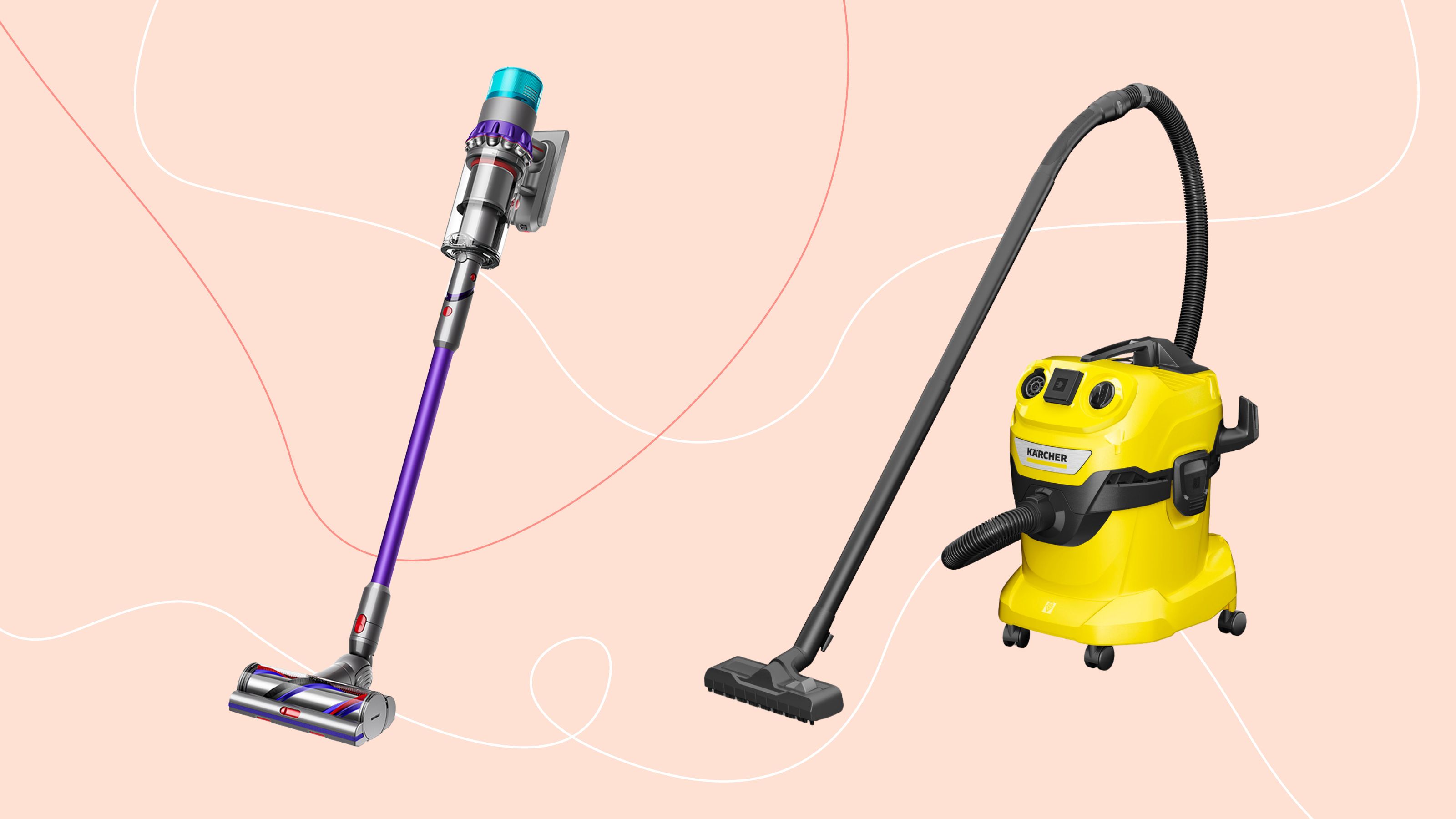
Sign up to our newsletter for style inspiration, real homes, project and garden advice and shopping know-how
You are now subscribed
Your newsletter sign-up was successful
Vacuum cleaners today are more technically advanced than they've ever been, with many models boasting multi-functionality to tackle a plethora of cleaning tasks. However, with both regular vacuums and wet vacuums available on the market, what exactly is the difference between them and which one is best suited for your home?
Though many of the best vacuum cleaners we've tried are your typical models that simply pick up hair, dust, and debris; we've definitely been wowed by wet vacuums, too. In fact, some of the market standard's best cordless vacuum cleaners are also now offering wet vacuuming capabilities, such as the Dyson Submarine which we awarded an impressive five-star rating to in our review after testing.
But, if you're trying to decide on investing in one or the other for your cleaning needs, we've asked experts to help outline the differences and respective strengths of regular and wet vacuum cleaners to keep you better informed.
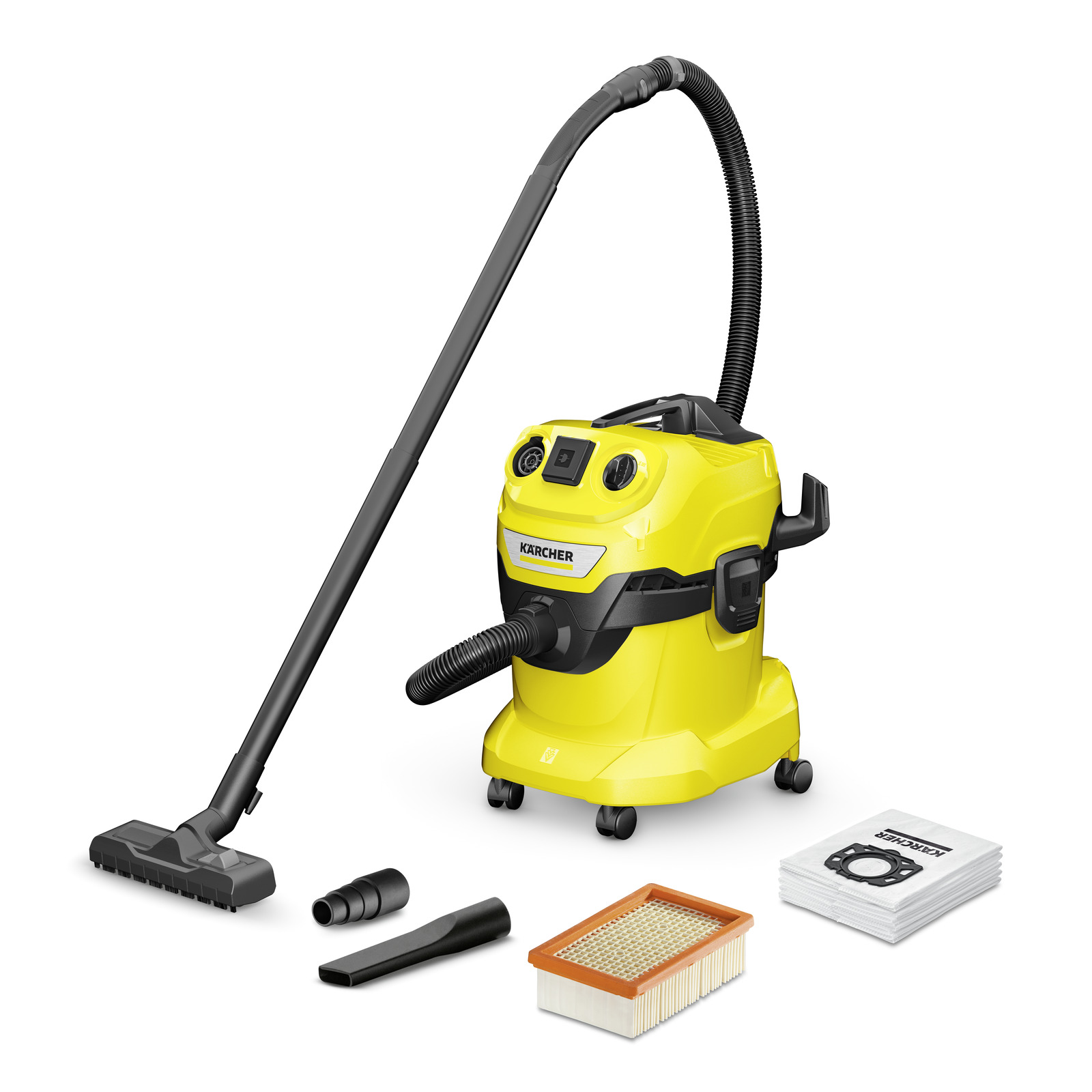
This Kärcher wet and dry vacuum is the best wet dry vac we've tested and has a capacity of 20 litres and is solidly built in plastic with a stainless steel drum. We adore it for its sheer simplicity and robust cleaning power. It's not too big or heavy for such a workhorse and it makes light work of dry and wet vacuuming alike.
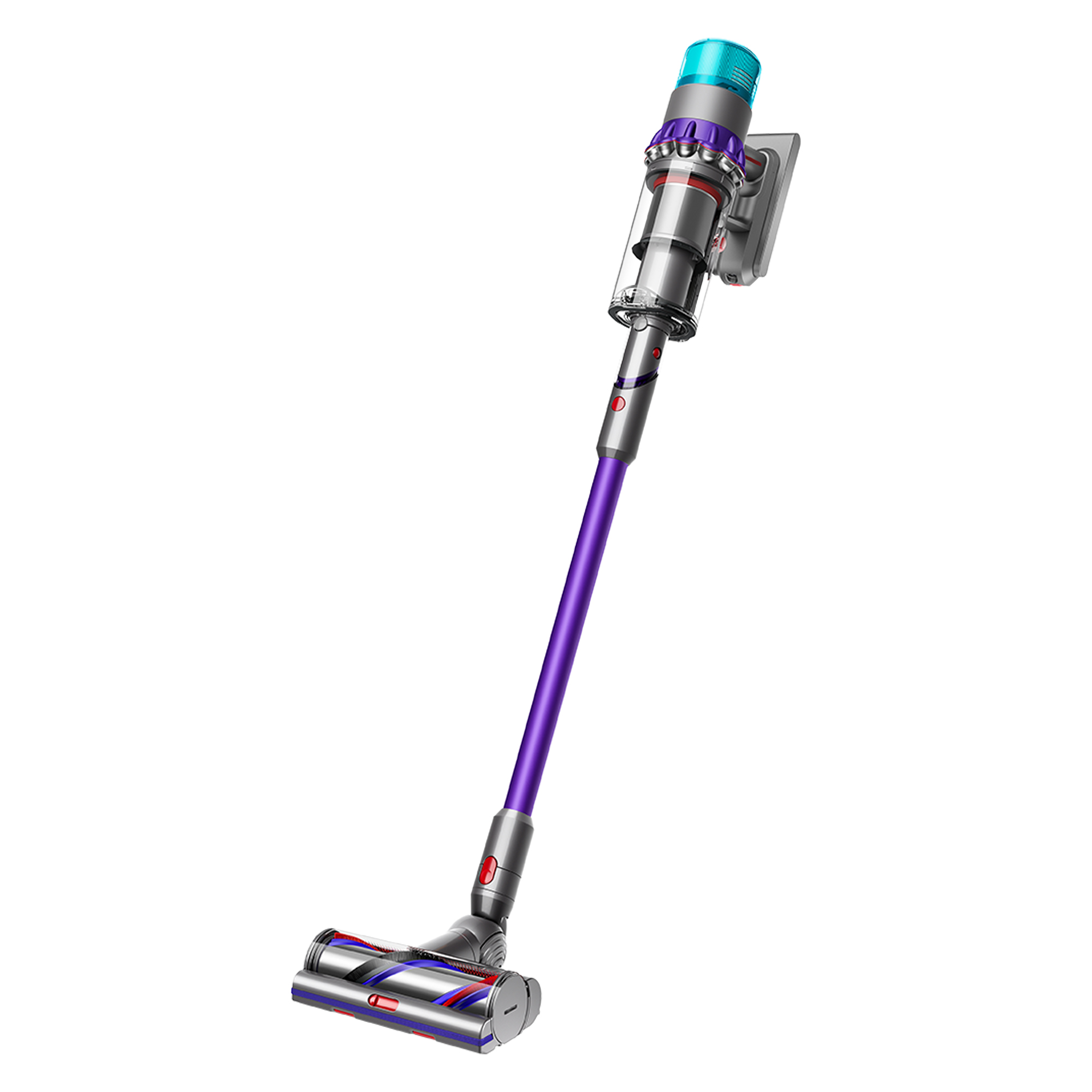
What are the differences?
'A regular vacuum cleaner is a device used to remove dirt, dust, and debris from hard floors, carpets, upholstery, and other surfaces,' begins Emily Boulton, retail marketing manager at Numatic. 'Vacuums can be used for regular home cleaning, dry spillage cleanup, and pet hair removal.' A wet vacuum, on the other hand, is capable of handling liquid spills as well as dry debris.
'The main difference between a wet vacuum and a standard vacuum is in its operational features and structure,' adds Valeria Velikova, a domestic cleaning expert at Fantastic Services.
'Wet vacuums are made to clean up both wet and dry spills. They're equipped with specialised tanks to contain liquids and typically have advanced filtration systems to manage wet debris and have strong motors and sturdy construction, specifically designed for wet cleaning.'
Not to mention, although many regular vacuum cleaners come with a range of vacuum attachments for different jobs, wet vacuums are equipped with a wider range of tools designed for wet cleaning tasks, including squeegee heads and specialised nozzles.
Sign up to our newsletter for style inspiration, real homes, project and garden advice and shopping know-how
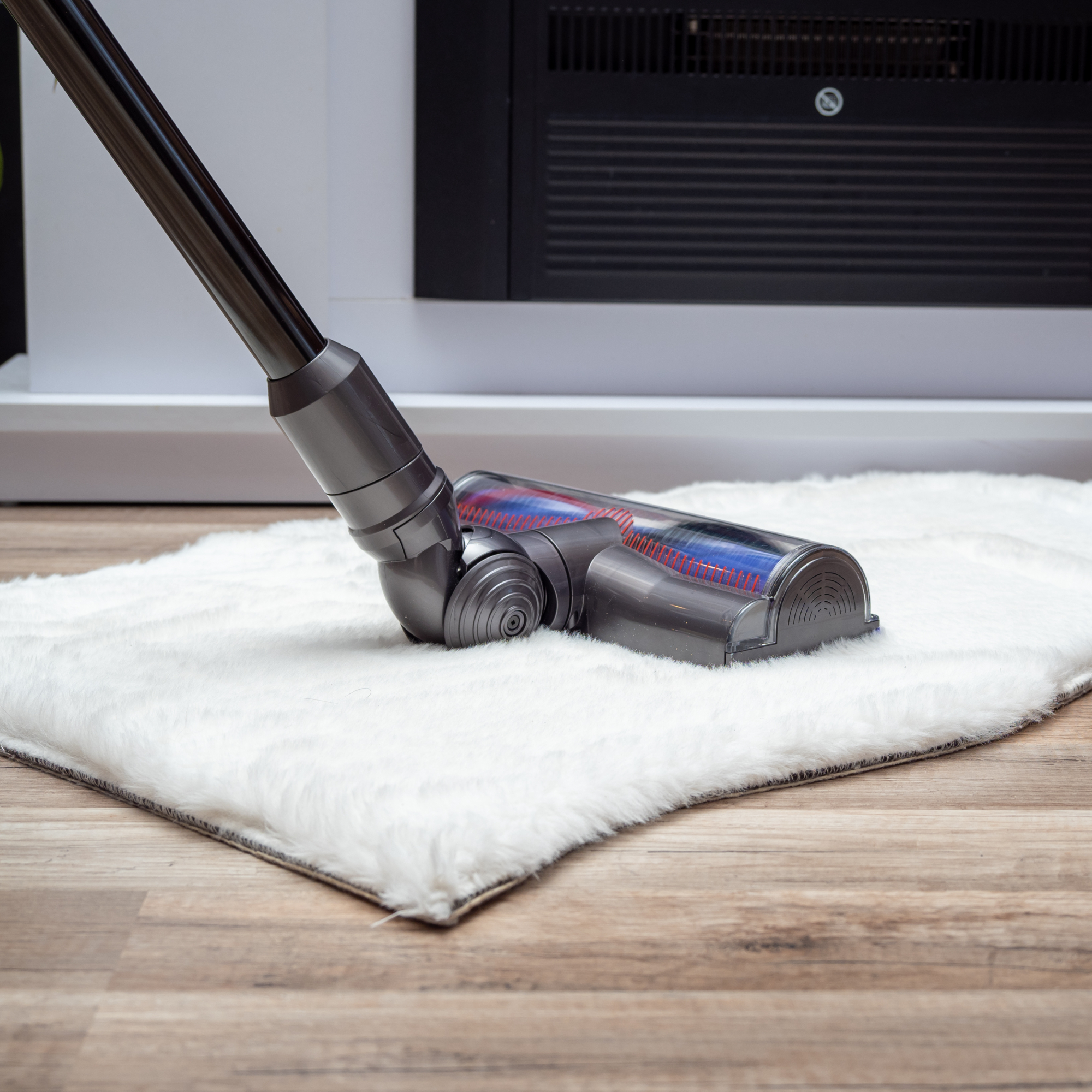
When would I need a wet vacuum?
If you're considering investing in a wet vacuum but are wondering about the circumstances in which a wet vacuum would be worth it, there are actually a lot more situations where having one would be handier than you think.
'For example, they're perfect for handling accidental spills of water, juice, or other liquids on carpets, tiles, or hardwood floors,' assures Valeria. 'In contrast, cleaning up spills with just a mop or towel can be difficult, while a wet vacuum can swiftly and efficiently remove the liquid. This also helps avoid any potential harm and discolouration to the surfaces and fabrics that are being treated.'
'A wet vacuum can also be very useful in cases of minor flooding caused by heavy rain or plumbing problems in places such as basements because it can remove water quickly, which reduces water damage and the possibility of mould growth,' further explains Valeria.
Similarly, a wet vacuum would also excel in the task of cleaning a kitchen or bathroom as these spaces are often more prone to accidental spills and moisture, making a wet vac the ideal cleaning appliance.
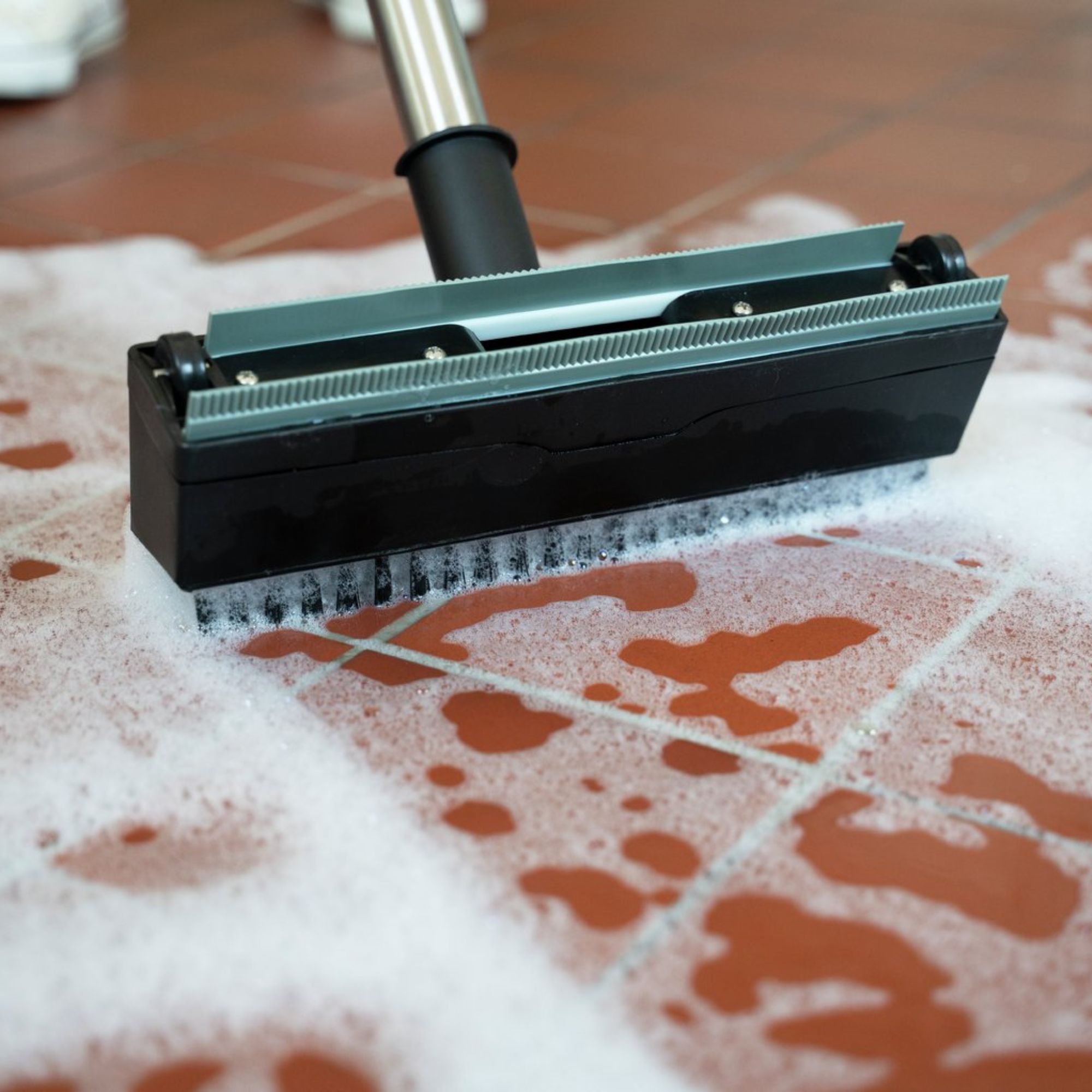
'Regular vacuums are primarily for everyday cleaning tasks inside homes or offices, such as vacuuming carpets, floors, and upholstery whereas a wet vacuum is suitable for outdoor and vehicle cleaning where you might encounter both wet and dry spills,' continues Nick Ee, product and training manager at BLACK+DECKER.
As such, regular dry vacuums aren't designed to handle liquids and will get damaged if you attempt to suck up any liquids using one. For circumstances where you need to clean liquid messes, opting for the best mop or simply wiping it up with a cloth is the most recommended solution if you only have a dry vacuum.
However, if you want the versatility of being able to clean both liquid spills and pick up dust and debris around the home, investing in a wet vacuum could very well be extremely worth it for effectively tackling all sorts of messes. You can say goodbye to having to own multiple appliances and have one fantastic investment to cover a majority of your bases. It's this sheer versatility that makes wet vacuums invaluable additions to a home.
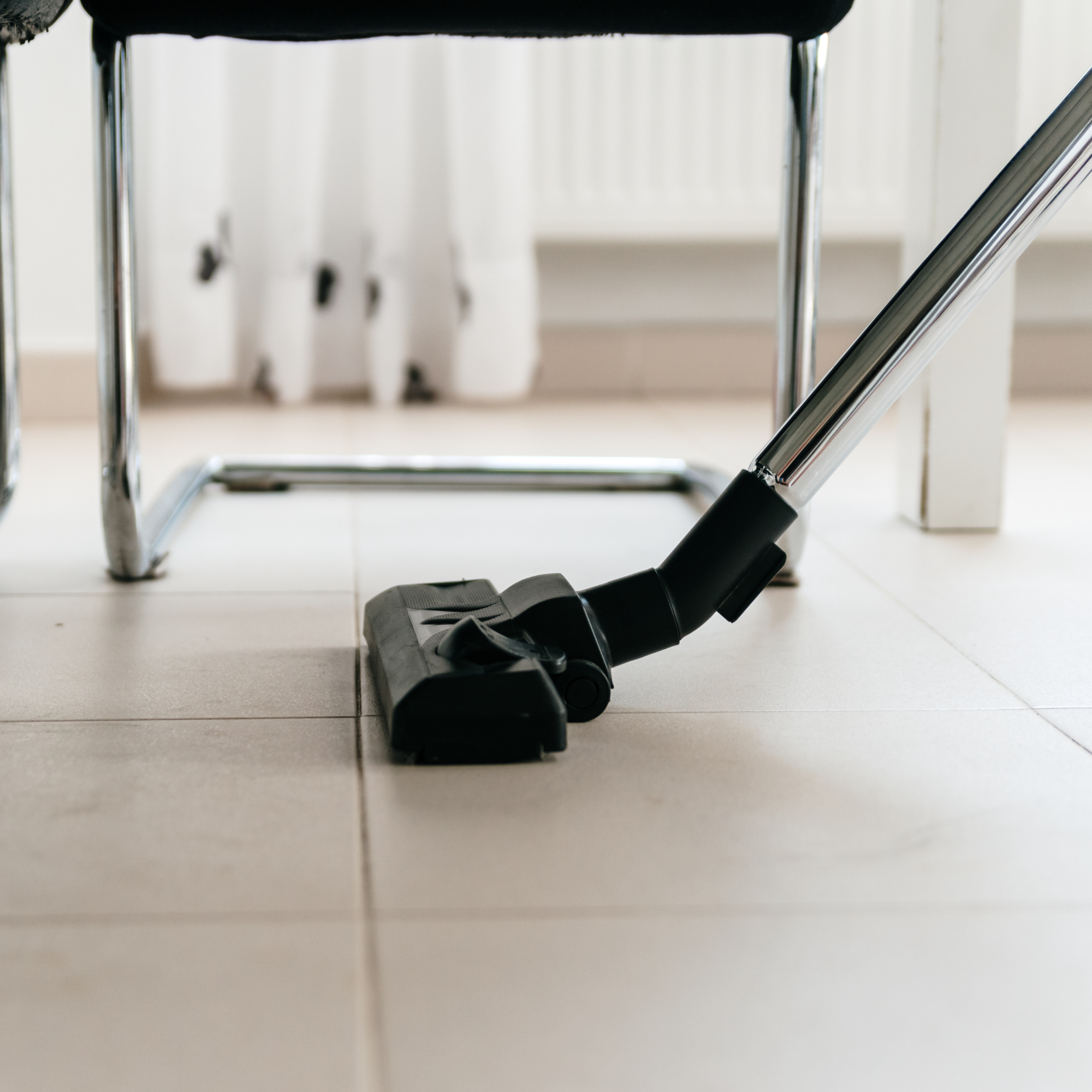
FAQs
Can I use a regular vacuum on wet carpet?
No, you can't use a regular vacuum on wet carpet.
'Using a regular vacuum cleaner for wet spills can harm the appliance and create electrical hazards because they aren't designed to deal with liquids,' cautions Valeria Velikova at Fantastic Services.
Before using a regular vacuum on carpet that has just been cleaned, for example, you must let it dry completely before attempting to hoover.
Is a wet vac better than a regular vacuum?
It's hard to say whether a wet vac is better than a regular vacuum because this will entirely depend on the specific situation of the person. However, generally yes, wet vacuums can be a valuable addition to a variety of households as they can be used for cleaning both dry and liquid messes.
Is it worth buying a wet dry vacuum?
Whether or not it's worth buying a wet dry vacuum is a decision you ultimately need to make based off your cleaning needs and routine.
'The wet dry vacuum is designed to handle both liquid spills and dry debris and can handle a variety of surfaces and messes making it a versatile cleaning tool for frequent cleaning tasks,' explains Nick Ee at BLACK+DECKER.
'If you're a household with messy kids and mucky pups you'll find a wet vacuum to be a life saviour for constant spills, pet accidents or other liquid messes,' continues Nick. 'Additionally, you should consider purchasing a wet/dry vacuum if you're in the process of renovating your home, it's useful for cleaning up after construction projects including drywall dust, sawdust, and wet debris.
Now having understood the differences between a wet vacuum and a regular vacuum, you can strive to continue to make the best informed decisions on which cleaning appliances are worthy of a permanent spot in your home.

Jullia was Ideal Home’s Junior Writer from 2022-2024 and the Ideal Home Certified Expert in Training on Vacuums having spent over 60 hours testing different models. She’s always loved all things homes and interiors, graduating with a bachelor’s degree in Architectural Studies from the University of Nottingham where her love for writing blossomed following her internship at ArchDaily. Now focused on home tech and cleaning, Jullia works on writing features and explainers to help people make the most of their home appliance investments, putting the newest launches through their paces. When she isn’t writing, she loves exploring the city, coffee shop hopping, and losing hours to a cosy game or book.